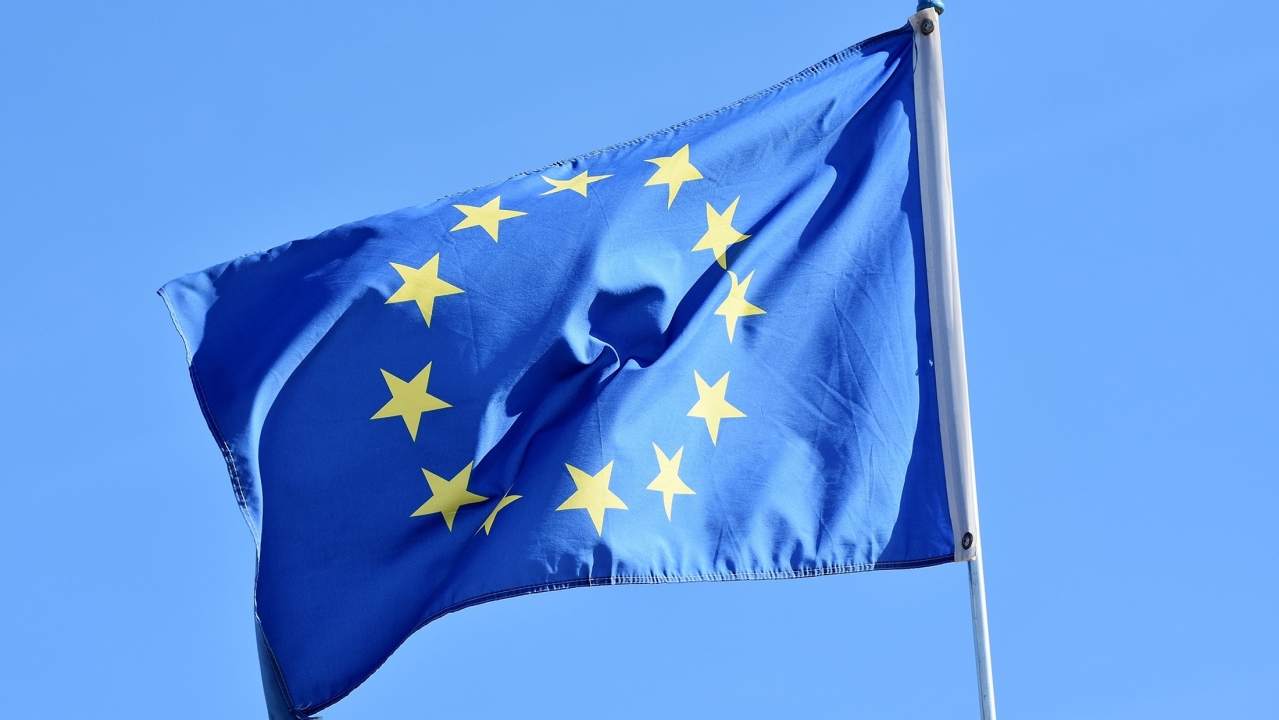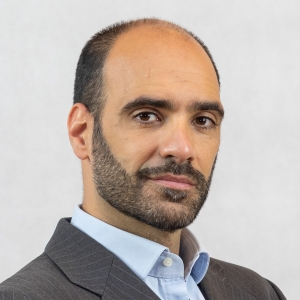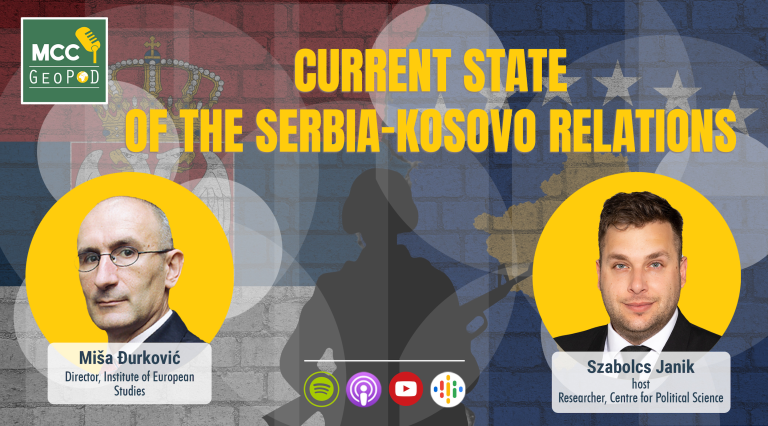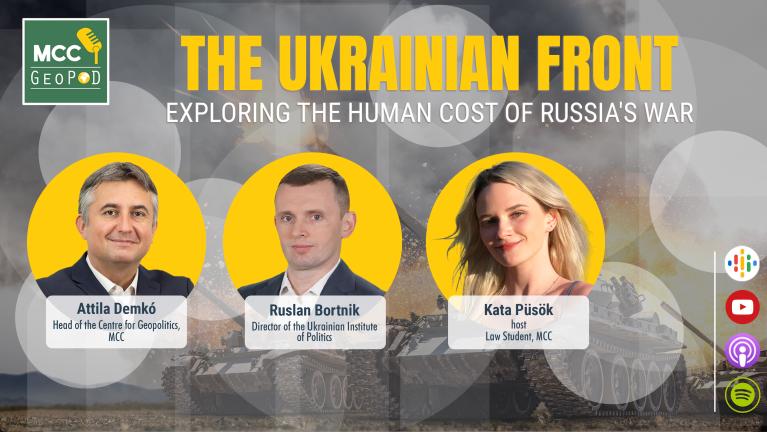Atlantico: The EU-27 met to discuss the war in Ukraine, the Union's competitiveness against the United States and China, trade, energy and the environment and immigration at a new European summit. While Paris and Berlin are at odds over the future of the car industry and nuclear power, but these two issues are very important for whole Europe. What conclusions can be drawn from this European summit [especially on the car industry and on the war in Ukraine]?
Rodrigo Ballester: Reading the conclusions of this Council, we can above all draw the conclusion the war on Ukraine, competitiveness, the internal market and economic cooperation and energy. On the first two in particular, the Heads of State and Government adopted rather long and detailed conclusions. Concerning Ukraine, the 27 confirmed their clear condemnation of Russian aggression, welcomed the latest initiatives of the International Criminal Court and, above all, set up a financial and logistical mechanism to provide the Ukrainian army with a million rounds of ammunition, including missiles, which has never been seen before!
As far as economic cooperation is concerned, this European Council has produced an ambitious strategy that is very broadly based. Green and digital agenda, internal market, movement of capital, simplification of administrative procedures for SMEs and so on. Of course, there is nothing really new, the EU has been moving in this direction for ages and the results will depend on the implementation of a myriad of initiatives, but these conclusions have the merit of reminding us of these fundamentals and keeping the momentum going. Above all, they remind us that the EU, beyond the controversies, is above all an Internal Market that remains the jewel in the crown, the keystone of the whole edifice, the main reason for Europe's existence.
In this context, the (very real) controversies on the internal combustion engine and nuclear energy, which mainly oppose Germany and France, did not have the strength to derail this Council or to tarnish its conclusions. They have been given a bit of a bum rap.
Atlantico.fr: The paradox of the war in Ukraine has given Europe a new lease of life (in terms of democracy, freedom versus authoritarian regimes) but it has highlighted new divisions and shifted the centres of gravity (between France and Germany). What can we learn from these developments?
RB: Let's put things in perspective. On the one hand, the war gave Europe more than just colour. It brought it into the era of geopolitics under threat and brought it out of its usual inexcusable naivety. This has led to meteoric progress in foreign policy (joint purchase of ammunition is a perfect example) and has propelled the Union into a more political dimension that leads to increased and accelerated centralisation of decisions in Brussels.
and accelerated in Brussels. Necessary? Perhaps. Desirable? To be seen in the long term. Personally, while recognising that the circumstances are exceptional, I am apprehensive about a Europe built from above through crises,
because it is inevitably built far from the citizens. But, at the same time, this almost sacred union with regard to the war cannot mask the reality of a very divided Europe internally. Fatigue of the Franco-German couple and the quarrels that go with it. Nuclear power and the internal combustion engine are in the headlines, even if these frictions are quite common (or even banal) within the EU, one should not exaggerate their significance. But the real paradox, in my opinion, is that even if the centre of gravity is shifting eastwards, the East/West divide is more present than ever, with unprecedented hostility. Nobody talks about it, but from September onwards, two thirds of Hungarian universities will be excluded from the Erasmus and Horizon programmes even though no offence has been committed. This is extremely serious. Worse, Poland, one of the new centres of gravity of the EU and a strong supporter of Ukraine, has not received a single penny of the recovery funds, even though it is in dire need of them and the economic situation is very bad. These errors of judgement, which go unnoticed in the light of the war, will leave a heavy legacy. And after the next elections, the countries of Central and Eastern Europe will demand a greater say in the institutions, which is quite normal, given that they are excluded from them for the moment. Negotiations are likely to be tense.
The European model that relied on administration and economy seems to be weakened. At what point is the European model out of breath? What still works?
RB: I don't really agree. What still works best in the EU are the oldest competences, those on which the Union was built before Maastricht: the internal market and all its corollaries, so, economic and technical cooperation, trade policy, free movement of goods and people, etc... And this model is doing well, it's not in the headlines, it's perceived as boring and technocratic, but it continues to be the keystone of the whole system, what Europe does best and in the most consensual way.
In my opinion, it is the post-Maastricht Europe that is stalling, the Europe of the political qualitative leap, the Europe that is half-heartedly federalist. So, we must not throw the baby out with the bathwater, Europe has also embarked on necessary projects, some of them successfully, since 1993, but the fact remains that a Union that is more political than technical, more messianic than pragmatic, brings with it its share of tensions and frictions. Between Member States, but also between governments and citizens, which can be mortifying in the long term. The war certainly shows that the EU can only be a large market and that it must adapt to very adverse circumstances, but the fact remains that an integration built by the force of repeated crises is a giant with democratic feet of clay.
-
This article is the translation of an interview originally published on Atlantico.










